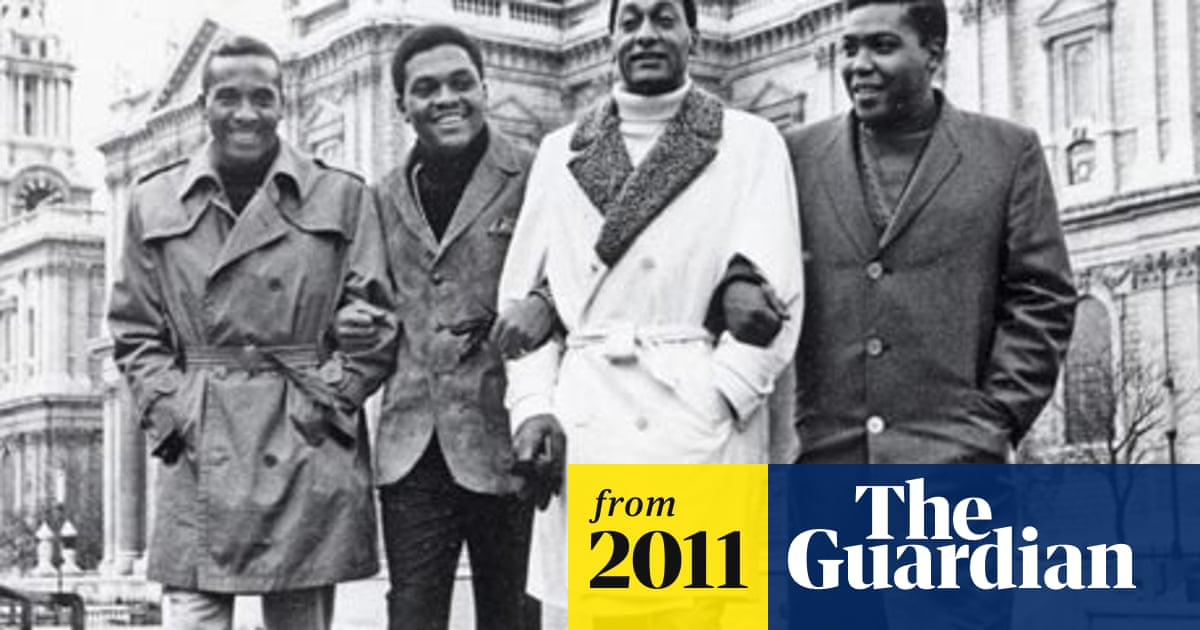goinghome
you must not tamper with arrangements
After listening to Bengali In Platforms again recently, and reading the 1991 Spin interview SuedeMoz found and put in the Prefab Sprout thread, in which Morrissey claims it should not be unusual or suspect to write about Britain's Asian community because it's not a small one, I could say more.
When in London for the Troxy show this past summer, I spent time around Whitechapel strolling with a friend born and braised in London, who perfectly understood the subject matter of this song, Bengali In Platforms. It's a pictorial character sketch of certain people and behavior noticed in a place and time. The Whitechapel side-streets still have no shortage of markets, both indoor and outdoor, as well as cheap and cheerful boutiques. Asians, mainly of Indian descent, are quite dominant in the area, and in the late twentieth century, they tended to adopt clothes styles after they had fallen out of fashion in the mainstream. They went for bright flamboyant gestures in what they wore, including shoes; thus the platforms. So overall, an innocent affectionate portrait. Which never stopped offence being taken, but perhaps worth saying.
For those content not to take it all too seriously by reading more into the song and topic than was ever there, have a giggle at this story about an Asian guy successfully assimilating into white culture by appropriating black culture - https://www.theonion.com/asian-guy-successfully-assimilates-into-white-culture-b-1851032507
When in London for the Troxy show this past summer, I spent time around Whitechapel strolling with a friend born and braised in London, who perfectly understood the subject matter of this song, Bengali In Platforms. It's a pictorial character sketch of certain people and behavior noticed in a place and time. The Whitechapel side-streets still have no shortage of markets, both indoor and outdoor, as well as cheap and cheerful boutiques. Asians, mainly of Indian descent, are quite dominant in the area, and in the late twentieth century, they tended to adopt clothes styles after they had fallen out of fashion in the mainstream. They went for bright flamboyant gestures in what they wore, including shoes; thus the platforms. So overall, an innocent affectionate portrait. Which never stopped offence being taken, but perhaps worth saying.
For those content not to take it all too seriously by reading more into the song and topic than was ever there, have a giggle at this story about an Asian guy successfully assimilating into white culture by appropriating black culture - https://www.theonion.com/asian-guy-successfully-assimilates-into-white-culture-b-1851032507


